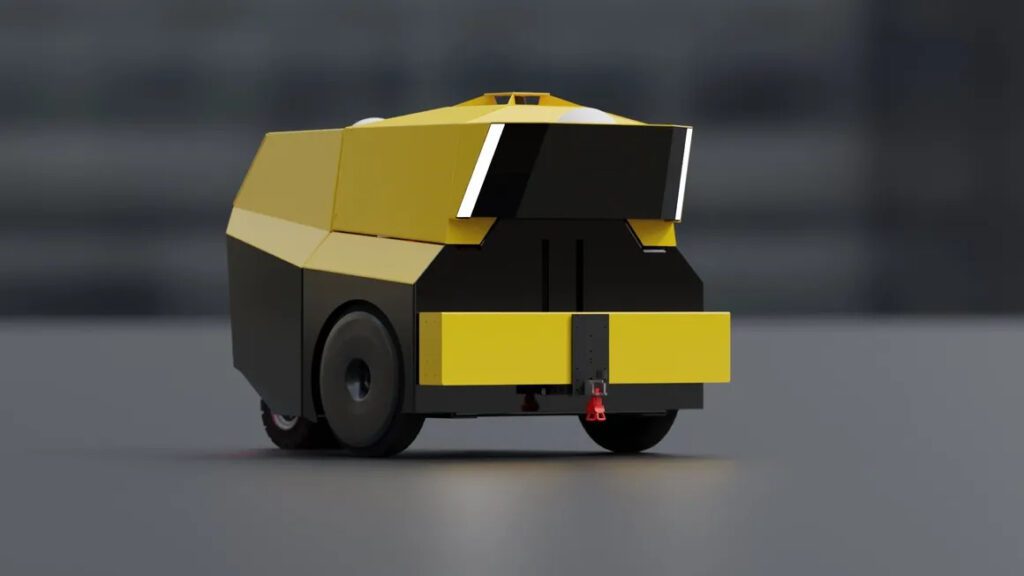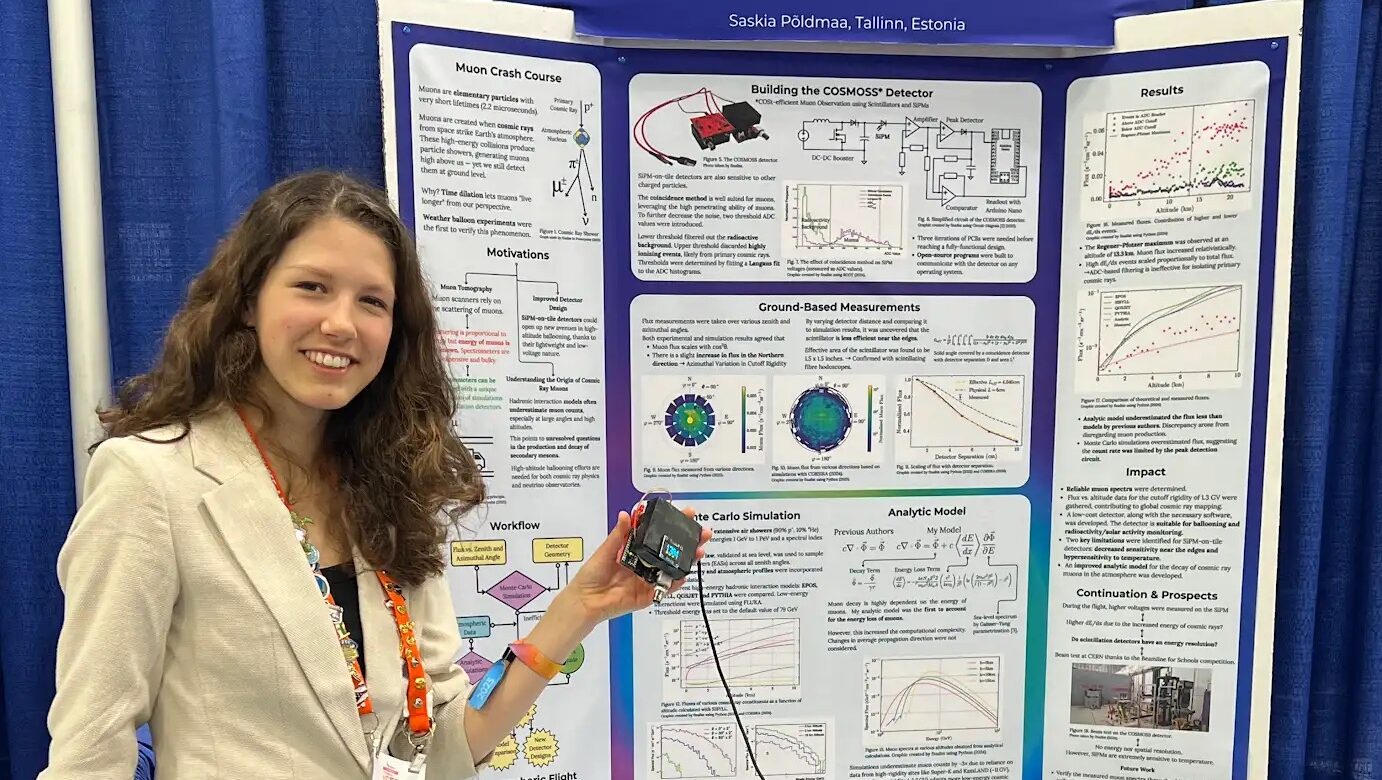The term “smart city” arose in the 2000s, and the concept is getting more and more popular. While the definitions vary, it is usually built on three main pillars—taking advantage of technology, improving the well-being of people and working towards sustainability. Smart city solutions include many different aspects, from utilities’ management, mobility planning, and energy efficiency to healthcare and social services. To get an idea of the variety of what smart city initiatives are, we can look at Toronto. The city is planning large-scale carbon neutral developments that include affordable housing, and at the same time they are researching how to implement automated snow clearing on sidewalks.
Similarly to Toronto, Tallinn has a variety of smart city initiatives. For example, they have been running an annual innovation competition since 2000, inviting companies to propose novel solutions in the fields of tourism, e-services, circular economy, local communities, and cooperation between Tallinn and Helsinki. One of the winners in 2022 was 10Lines, a company that develops autonomous parking lot and road marking robots. The robots do their job seven times faster than usual marking methods, they are better for the environment, and they are “happy to work night hours.” Those robots have also been rolling around for demos in Miami, Florida and Texas. A winner from the 2021 innovation competition, Solintel, is developing solar-powered street lights that could have zero or negative net energy consumption over longer periods.

Of course, other Estonian towns can’t fall behind. Tartu and Põlva are both piloting Bercman Technologies’ smart pedestrian crosswalks. These crossings use cameras, sensors, and artificial intelligence to predict potential traffic hazards and warn road users, both pedestrians and vehicle drivers. To improve pedestrian safety even more, Cityntel’s street lights in Tartu can detect people approaching pedestrian crossings and adjust light levels accordingly. This helps drivers be more aware of potential crossings. Additionally, each of these lights has their own controller instead of being managed centrally, enabling energy savings of up to 70%.

Smart city initiatives have great potential to improve our safety, health, and well-being. It's obvious that it requires a lot of collaboration between the public and private sector to make it happen. But what is even more crucial is trust. Without the trust between cities and their citizens, smart cities will never become smart, healthy, happy cities.




